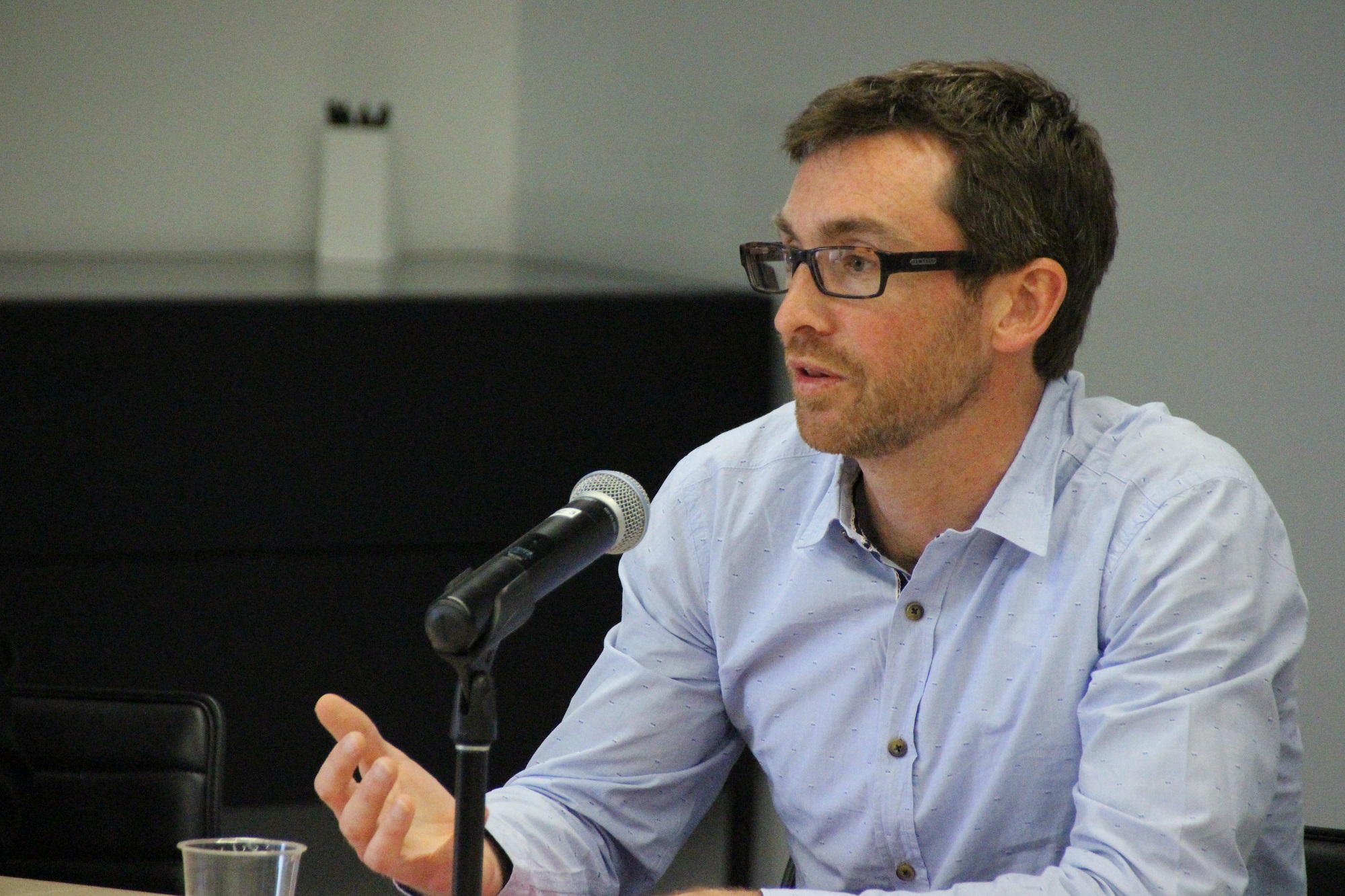Reflecting on my remarks for this important event, there were many good human rights stories I could share.
I could share a story from Cote d’Ivoire, where civil society, the national human rights institution and the government collaborated to enact a specific law to recognise and protect human rights defenders, the first such law in Africa.
I could share a story from Latin America, where a new regional instrument, the Escazú Agreement, strengthens State protections for the work of environmental rights defenders.
Or I could share stories from Ireland or India, where significant legislative changes and court victories have contributed to advancing equality for LGBTI persons.
Instead I want to share a story from my own country, Australia.
For most of the last twenty years, Australia has had a bipartisan policy of mandatory, indefinite, unreviewable offshore detention and processing for refugees and asylum seekers.
Any person who seeks asylum in Australia by boat – man, woman or child – is sent to Nauru or Papua New Guinea, where they are effectively held indefinitely in the most austere and inhumane conditions. Some have been there as many as six years. Children have been born there, never seeing a day of freedom in their lives.
It is a system which is intended to deter anyone from coming to Australia by boat to seek protection. It does this by creating conditions which are worse, in many cases, than the fear and persecution from which asylum seekers flee.
It is a system which has been condemned – and justly so – by civil society and the UN human rights mechanisms alike as illegal and immoral.
In the last 4 years, 12 refugees and asylum seekers have died in Papua New Guinea and Nauru. They’ve been murdered by detention centre security guards, denied access to essential medical treatment, and self-immolated or committed suicide after giving up any hope for the future.
A number of children in Australia’s immigration facilities in Nauru have been diagnosed with ‘resignation syndrome’ – a very rare and serious medical condition in which a child effectively gives up on life, often entering a comatose or vegetative state.
Refugees and asylum seekers in the system are deliberately de-humanised. They are referred to by their numbers rather than their names. Journalists find it very difficult to tell their stories or show their faces, with the Nauruan Government imposing a non-refundable visa application fee of $8,000 for media. Over the last week, the Australian Government has desperately attempted to conflate asylum seekers with paedophiles and rapists.
So how is this a good news story relevant to this event?
It is a good news story because today, following extensive civil society advocacy, the minor parties, opposition and the independents in Australian Parliament came together to pass a new law. The law is designed to ensure that refugees and asylum seekers in Australia’s offshore facilities receive essential medical treatment, including by transfer to Australia where that is necessary. This is the first time in around 8o years that the Australian Parliament has passed a law in the face of opposition by the Government.
It is a good news story because a coalition of doctors and medical professionals, human rights lawyers and advocates, and people and politicians of good will came together to demand respect for the fundamental rights to life and to health.
It is a good news story because refugees like Abdul Aziz Muhamat, one of the finalists for the Martin Ennals Award tonight, and Behrouz Boochani, who wrote a book about his detention on Manus Island, refused to be known by their numbers. Showing courage in the face of cruelty, and resilience in the face of repression, they ensured that their stories, and the stories of their fellow detainees, became known in Australia and the world. Boochani’s book, called ‘No Friend but the Mountain’, and written by text message because that is one of his only means of communication, was recently awarded a prestigious literary prize.
And it is a good news story because it is a story of perseverance, persistence and progress. Human rights progress is frequently slow and incremental. Dismantling almost two decades of bipartisan refugee policy that is wholly incompatible with decency, compassion and fundamental human rights will be immensely difficult. It will require sustained civil society advocacy. It will require frank and fearless advice from public servants, in line with international human rights law. There will be set backs. But for one of the first times in almost twenty years there is a sliver of light and a growing movement of people prepared to carry the torch for human rights.
And that, my friends, is good news.




